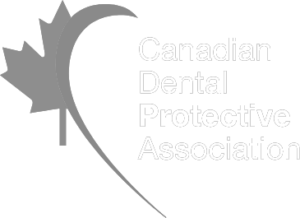Periodontal disease is a condition that occurs when the tissues and the bones that surround your teeth become infected. There are two different types of periodontal disease: gingivitis and periodontitis. Gingivitis affects only the gums, while periodontitis is more severe and may begin to damage the tissues and bones in your mouth.
What Causes Periodontal Disease? 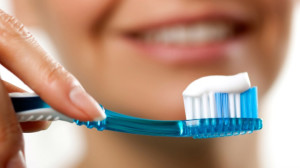
This disease may develop when bacteria start to build up on your teeth and gums. These bacteria are generally present in plaque.
What are the Symptoms?
You may have gingivitis if your gums are red, swollen, and tender, or if they tend to bleed easily when you are brushing or flossing your teeth. Because these symptoms generally aren’t painful, it may be easy to forgo receiving treatment from our dentist, Dr. Anna Szmitko, but you should not hesitate to contact us for an appointment.
If the periodontal disease has turned into periodontitis, your gums may pull away from your teeth, you may see pus excreting from your gums, and you may begin to lose some of your teeth.
Prevention Tactics
There are several things you can do to prevent periodontal disease from developing in your mouth, such as:
• Brushing your teeth at least twice a day and flossing regularly.
• Eating a diet that is high in vitamins and minerals and eating sugary foods sparingly.
• Avoiding smoking and chewing tobacco. These substances increase your chances of incurring gum disease.
Additionally, visiting our office is one of the best ways to ensure your teeth and gums remain healthy and the early signs of periodontal disease are caught before they develop into periodontitis.


 Obstructive sleep apnea is a condition that causes interruptions in your breathing throughout the night while you sleep. One of the signs that may indicate you have obstructive sleep apnea is excessive snoring. Here are four easy ways to potentially stop snoring and help your partner get a restful night of sleep.
Obstructive sleep apnea is a condition that causes interruptions in your breathing throughout the night while you sleep. One of the signs that may indicate you have obstructive sleep apnea is excessive snoring. Here are four easy ways to potentially stop snoring and help your partner get a restful night of sleep.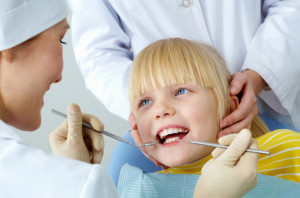 As a parent, teaching your child how to take care of their teeth is likely one of your goals. Taking your child to the dentist is one of the ways you can help your child understand the importance of proper dental hygiene. If you’re not sure when to make your first appointment with us for kids dentistry services, here’s what you need to know.
As a parent, teaching your child how to take care of their teeth is likely one of your goals. Taking your child to the dentist is one of the ways you can help your child understand the importance of proper dental hygiene. If you’re not sure when to make your first appointment with us for kids dentistry services, here’s what you need to know.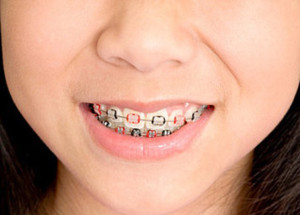
 Getting your wisdom teeth taken out isn’t fun. However, there are several ways you can make the wisdom teeth removal process easier on yourself and to also speed up the healing process.
Getting your wisdom teeth taken out isn’t fun. However, there are several ways you can make the wisdom teeth removal process easier on yourself and to also speed up the healing process. TMJ disorders, otherwise known as problems with the jaw joint and chewing muscles, are highly varied in the way people respond to them. However, the disorders that require TMJ treatments generally fall into one of three categories:
TMJ disorders, otherwise known as problems with the jaw joint and chewing muscles, are highly varied in the way people respond to them. However, the disorders that require TMJ treatments generally fall into one of three categories: Gasping for air. If you have sleep apnea, you may gasp, choke, or snort after a lapse in your normal breathing pattern occurs.
Gasping for air. If you have sleep apnea, you may gasp, choke, or snort after a lapse in your normal breathing pattern occurs.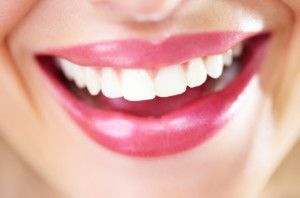 Be sure to tell Dr. Anna Szmitko of any medical conditions you are currently experiencing. This is extremely important if you have vascular or heart problems. Depending on your condition, you may need to take an antibiotic before the surgery.
Be sure to tell Dr. Anna Szmitko of any medical conditions you are currently experiencing. This is extremely important if you have vascular or heart problems. Depending on your condition, you may need to take an antibiotic before the surgery. If you have a child who is around the age of seven, it is best to bring them into our office to find out whether or not orthodontic treatment is needed. This is a prime age for this initial consultation because around this time, cross bites, crowding, and other potential problems can be identified.
If you have a child who is around the age of seven, it is best to bring them into our office to find out whether or not orthodontic treatment is needed. This is a prime age for this initial consultation because around this time, cross bites, crowding, and other potential problems can be identified.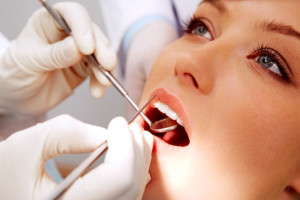 You’ve probably heard that you should visit your dentist twice a year. If you’ve put off coming into our office for your bi-annual checkup and cleaning, there are several reasons why you should make time in your schedule to visit us soon.
You’ve probably heard that you should visit your dentist twice a year. If you’ve put off coming into our office for your bi-annual checkup and cleaning, there are several reasons why you should make time in your schedule to visit us soon.